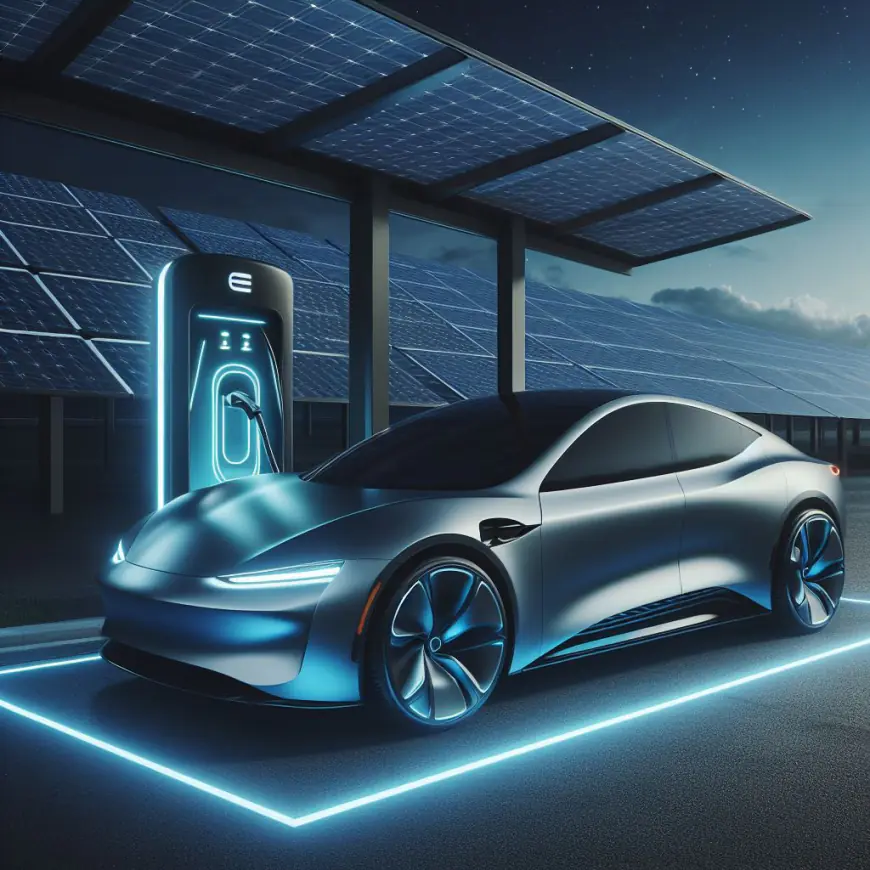The Story Of Electric Cars And Why Many People Hate Them?
“Unraveling the Controversy Around Electric Cars.”

The Story of Electric Cars: Unraveling the Love-Hate Relationship
Introduction
Electric vehicles (EVs) have sparked a revolution in the automotive industry. These silent, emission-free machines promise a greener future, yet they also ignite passionate debates. Why do some people embrace EVs with open arms while others harbor deep-seated animosity? Let’s delve into the fascinating story of electric cars and explore the reasons behind this love-hate relationship.
The Birth of Electric Cars
Early Days: A Quiet Revolution
Electric cars are not a recent phenomenon. In fact, they predate their gasoline-powered counterparts. Back in the late 19th century, electric vehicles quietly roamed the streets, offering a cleaner alternative to the noisy, smoke-belching internal combustion engines. Their popularity waned as gasoline cars gained dominance, but the electric spirit never truly faded.
The Love Affair with Electric Cars
Environmental Consciousness
EV enthusiasts champion the environment. They see electric cars as emissaries of change, combating air pollution and climate change. The allure lies in zero tailpipe emissions, reduced dependence on fossil fuels, and a promise of cleaner air for generations to come.
Technological Marvels
Electric cars are not just transportation; they’re rolling tech showcases. Cutting-edge battery technology, regenerative braking, and instant torque thrill early adopters. Tesla’s Autopilot and other advanced driver-assistance systems hint at a future where cars drive themselves.
Cost Savings
While EVs may have higher upfront costs, their long-term savings are compelling. Electricity is cheaper than gasoline, and maintenance costs are minimal. Plus, federal tax credits sweeten the deal. Over time, an electric car can be more affordable than its gas-guzzling counterpart.
The Dark Side: Why the Hate?
Range Anxiety
Range anxiety—the fear of running out of juice—plagues EV skeptics. Despite improvements, electric cars still can’t match the range of traditional vehicles. Charging infrastructure remains a concern, especially in rural areas.
Charging Takes Too Long
Yes, charging an EV takes longer than filling a gas tank. But consider this: most charging happens overnight or during work hours. Imagine waking up to a full “tank” every morning without visiting a gas station. It’s a trade-off.
Battery Woes
Critics worry about battery degradation and replacement costs. However, modern EV batteries are robust and come with warranties. Plus, recycling initiatives aim to minimize environmental impact.
The Noiseless Menace
Some folks miss the roar of a V8 engine. Electric cars glide silently, disturbing neither the peace nor the eardrums. For die-hard gearheads, this lack of auditory drama is sacrilege.
The Fear of Change
Change is hard. EVs disrupt the status quo, challenging our ingrained habits. People fear the unknown, especially when it involves abandoning a century-old technology.
Bridging the Gap
Education and Awareness
Misconceptions fuel hatred. Educating the public about EVs’ benefits—both environmental and economic—can bridge the gap. Highlighting advancements in battery tech and charging infrastructure is crucial.
Incentives and Policies
Governments play a pivotal role. Incentives, tax breaks, and infrastructure investments encourage EV adoption. Clear policies can ease the transition and win over skeptics.
Conclusion
Electric cars are here to stay. They symbolize progress, innovation, and a cleaner future. While love and hate coexist, understanding and dialogue can pave the road toward acceptance. So, whether you’re a Tesla devotee or a gas-guzzler loyalist, remember: the wheels of change keep turning, silently or not.
What's Your Reaction?








































